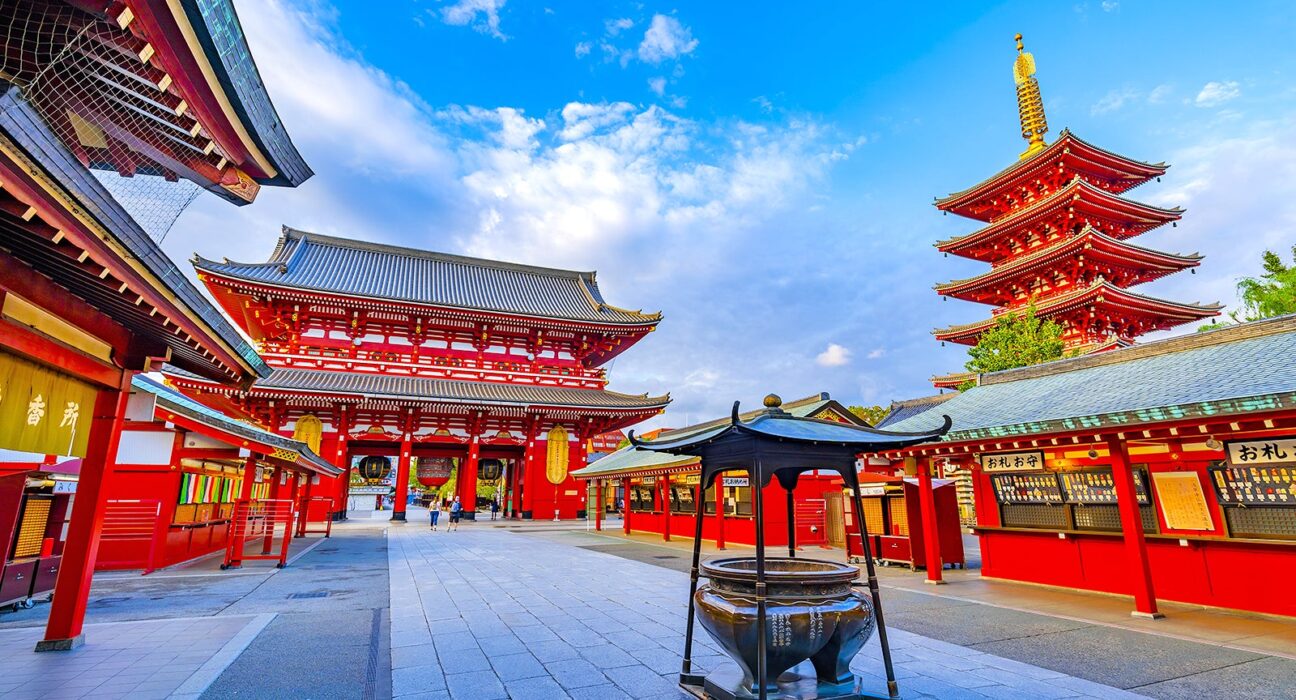Record temperatures in Japan have sent shockwaves through the matcha green tea industry, causing a significant strain on supplies and pushing prices to unprecedented levels. The Kyoto region, known for producing a quarter of Japan’s tencha – the base for matcha – faced severe heatwaves in the past year, resulting in weakened yields during the crucial April to May harvest season.
Masahiro Yoshida, a seasoned farmer from Uji, shared his struggles as he could only gather 1.5 tonnes of tencha in 2025, down by 25% compared to his usual yield. Reflecting on the challenges faced, he explained,
“Last year’s summer was so hot that it damaged the bushes, so we couldn’t pluck as many tea leaves.”
The global demand for matcha has been on an upward trajectory fueled by health-conscious millennials and Gen Z consumers seeking nutritious alternatives. With trendy cafes worldwide offering matcha-infused beverages and treats, this finely ground tea has gained popularity for its antioxidant properties and higher caffeine content.
Yuki Ishii, founder of Tealife based in Singapore, highlighted the exponential growth in matcha demand among customers throughout 2024 and beyond. Despite the escalating interest from buyers, the availability of Japanese matcha is dwindling. Ishii lamented about frequently running out of stock due to high demand.
While Japan witnessed a notable increase in tencha production over the years with 5,336 tonnes manufactured in 2024 alone – almost triple that from a decade ago – indications point towards lower output levels for matcha this year. Marc Falzon from Ooika noted that hopes were pinned on a higher yield to alleviate shortages; however, forecasts suggest otherwise.
The Ministry of Agriculture reported a substantial rise in Japan’s green tea exports by value reaching 36.4 billion yen (S$321 million) in 2024 with powdered teas like matcha driving this growth trend significantly. As demand continues to outstrip supply dynamics intensify further with record-high tencha prices observed at auctions.
With producers striving to boost matcha output amidst challenges posed by new planting cycles requiring five years before harvests can be realized – industry experts anticipate enduring price hikes ahead. Falzon warned about potential drastic escalations saying,
“I suspect we’ll see even more dramatic price increases.”
As Japan grapples with reduced production capacities amid burgeoning global interest for matcha tea variations – stakeholders are compelled to navigate through intricate market conditions while meeting evolving consumer demands.

